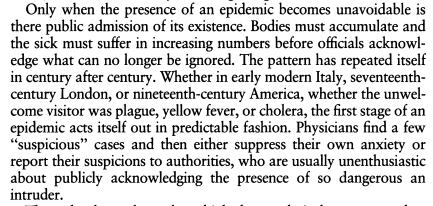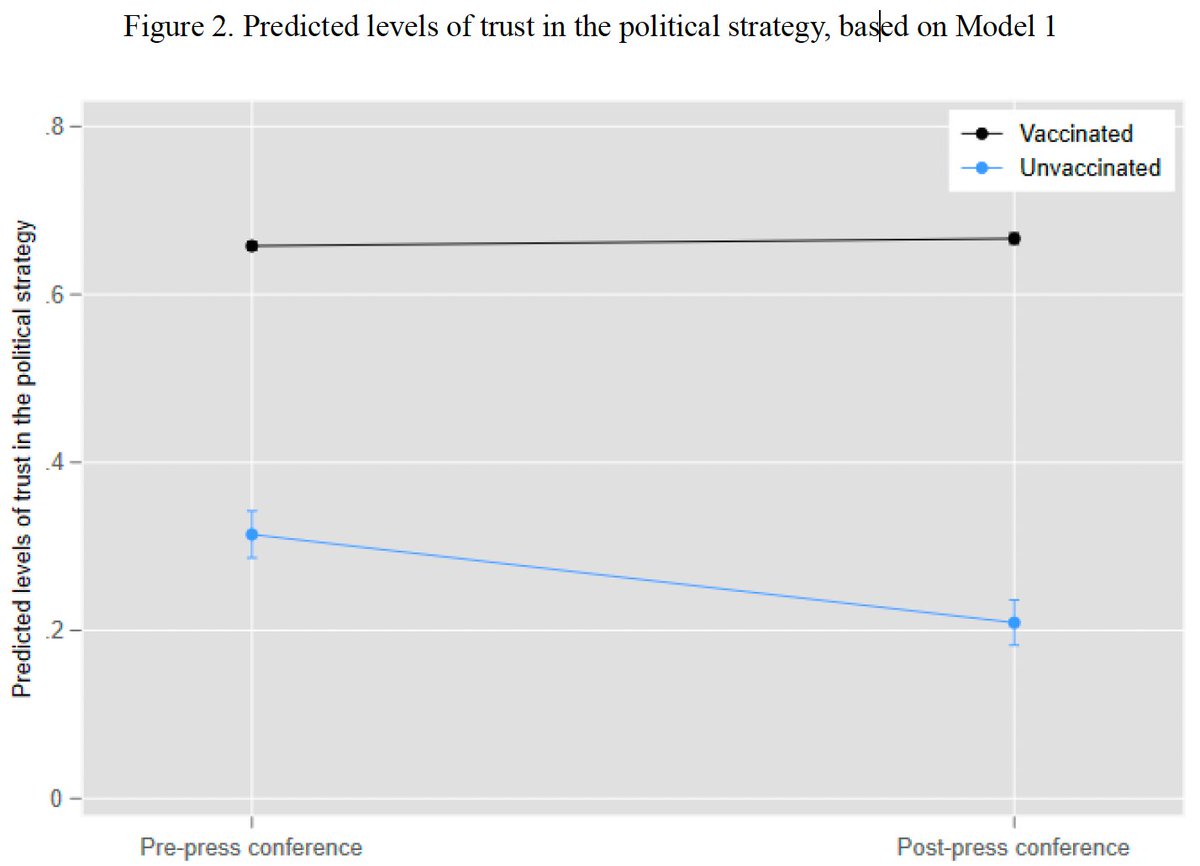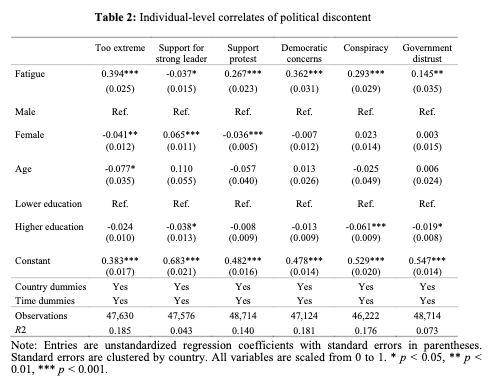
Would we have dealt better with COVID-19 without social media?
The idea of an "infodemic" may suggest so.
As a social media researcher involved in the covid-response, my answer is a strong "no". To react, info needs to be faster than the virus. On social media, it is.
🧵(1/8)
The idea of an "infodemic" may suggest so.
As a social media researcher involved in the covid-response, my answer is a strong "no". To react, info needs to be faster than the virus. On social media, it is.
🧵(1/8)
In a history of epidemics, Rosenberg describes patterns extraordinarily similar to now (jstor.org/stable/20025233). With one difference: This time countries could react *before* "bodies accumulated". Part of the reason: Rapid information-sharing via media & social media. (2/8) 

E.g.: Whistleblowers in Wuhan used social media to warn.(france24.com/en/asia-pacifi…). Also, the #FlattenTheCurve hashtag helped billions understand what needed to be done. 2 things spread across the globe in 2020: COVID-19 & the idea of distancing. The latter was quicker. (3/8)
Omicron is another example. The tweets you see about the variant are not science communication. They *are* science: Scientists trying to figure out what is going on & sharing that with each other. There *are* backchannels but these essentially discuss what you see here. (4/8)
But what about misinformation? Sure, social media may be good for the scientists but the public are led astray, right?
No.
First, "fake news" constitutes a tiny fraction of the info on social media (doi.org/10.1126/sciadv…). (5/8)
No.
First, "fake news" constitutes a tiny fraction of the info on social media (doi.org/10.1126/sciadv…). (5/8)
Second, people are not easily fooled by misinformation (doi.org/10.1037/gpr000…). If we believe in misinformation, it is because it fits our preexisting worldview. Similarly, those who share it are not ignorant or lack knowledge (doi.org/10.1017/S00030…). (6/8)
The biggest predictor of vaccine hesitancy is mistrust in authorities (bmjopen.bmj.com/content/11/6/e…). Hesitancy does not foremost reflect an "infodemic" but polarized, distrusting societies that have emerged over several decades (see, e.g., noemamag.com/welcome-to-the…). (7/8)
Without social media, COVID-19 would have hit the world harder. Societies would have become even more polarized & distrusting. Be thankful for living in the age of social media. In all crises, open & rapid info-sharing is key to success. This pandemic is a case in point. (8/8)
• • •
Missing some Tweet in this thread? You can try to
force a refresh
















